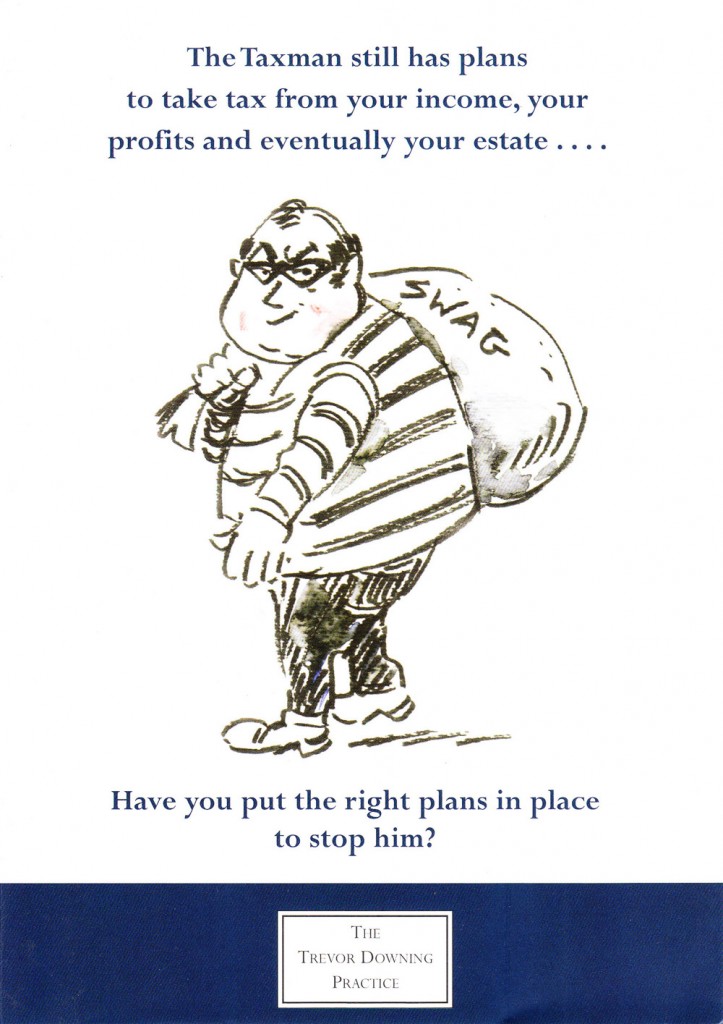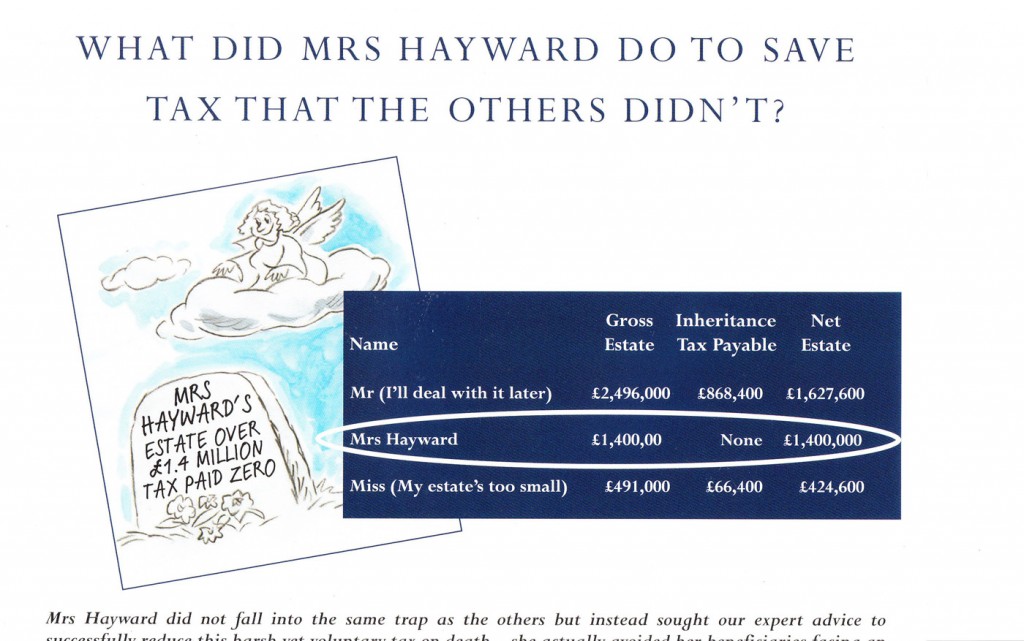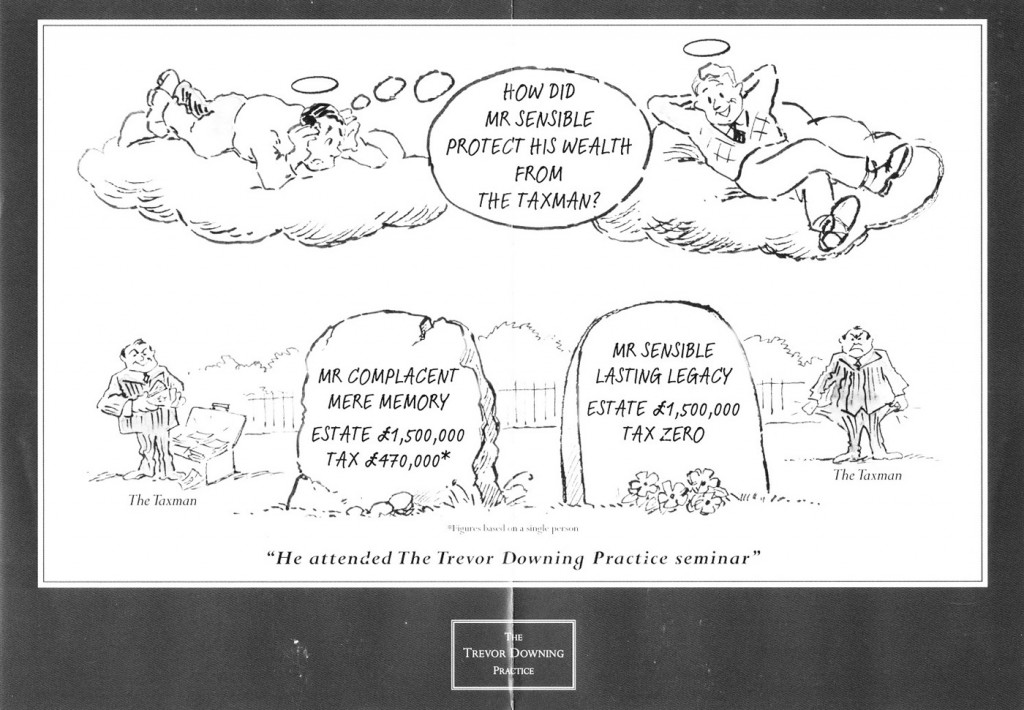
A featureless airport departures hall.
Behind the check-in desk, a large warrior stands, strip-lighting lending a pale lilac wash to his magnificent plumed helmet.
Half-way along the queue is a rather dishevelled Tortoise, surrounded by heavy bags.
Achilles (for he’s back again): Oi, Tortoise!
Tortoise [po-faced and unresponsive]
Achilles: I said, OI TORTOISE. YES. YOU. BACK THERE. TORTOISE. TORTOISE NP150417!
Tortoise: WTF? How do you know my number? Thought that was just between me and the hatchery?
Achilles: See this print-out of your markings? [holds up said print-out] Got this off of Google; on CheloniansOfNote.com it was. That’s you, isn’t it? Blotch, blotch, stripe, worn patch, shape that looks a bit like David Willetts’ head? Yes? Got a few other bits of info here too, to help me recognise you and the better to meet your every need.
T: Um, so I see. But how dare you…
A: Hang on, my horny-carapaced friend. Shuffle up to the front here. Let’s have a quiet word about this. [Tortoise makes the painfully slow journey to the head of the queue, nudging his bags one by one with his nose.] This is what you wanted, see?
T: WHAT?
A: You told us. You did. Well, not you individually, Tortoise NP150…
T: STOP IT!
A: Ok, ok. Well, collectively, our customers said things like “Hey Trojan Air, time to wake up to the new world and start treating us like people. We’re not just lumps of flesh with wallets. We want you to throw away all that stiff, corporate formality. Get to know us. Empower yourselves. Adapt. Use a bit of bloody initiative. See us for who we are.” So we have.
T: Yeah, but you can’t just go gathering information like that about me, without my permission. It’s like me shell’s been invaded. Horrible. Oi moi!
A: Don’t go getting classical on me: these characterisations are only pixel-deep. Now, look over there, now, at the SleazyJet desk. See that queue? Hundreds of them. Hot and knackered, they are. And going nowhere for a couple of hours yet. Now, I know, and the SleazyStaff know, that there’s a nice little waiting room round the back. With just one very comfy seat in it. And air-con. They can’t tell everyone, it’d get rammed. But see that woman just there? With the huge bump? Could drop any minute. You think it’s ok for the staff to, you know, use their bloody EYES to spot her, and offer her that seat? Or are you going to go all “no, no, they must know nothing, they must treat us all-equal-and-anonymous like”?
T: Well, I suppose that’s a bit different.
A: So it’s ok to use my bloody EYES to infer stuff about my customers, so’s I can make their service better, but it has to stop when I use, what? A computer? A phone? A database?
T: Now you come to mention it…
A: Because isn’t that where mechanical process (oh so twentieth century) stops, and service begins? When we start inferring? When we use one of the very few gifts that mankind seems to be blessed with – pattern recognition – to judge that if someone is cross-legged and hopping from foot to foot, it might be politic to proactively remind them where the loo is? To check on our systems so that their seventeen letters of complaint that they keep getting woken for meals when they’d rather sleep haven’t been an utter waste of time? To infer, beyond this, that similar awakenings for important matters of Shop-In-The-Sky sales might also receive an unfavourable response even though they haven’t actually WRITTEN TO US ABOUT THIS NOR GIVEN US EXPLICIT PERMISSION TO EVEN GUESS IT MIGHT MATTER TO THEM?
T: Steady on, old boy.
A: Sorry. Emotive stuff, this. Which is why this post is written as a dialogue – less confrontational that way. Where were we? Oh yes – look over there! PoshAir have got one of their regulars arriving. He’s a FTSE-100 Chairman, he is. Yeah, I know. Miserable and anonymous, grey and crumpled, to you and me. But to him? The Grand Kahoona. The Large Cheese. He wants to be recognised. And look again: by the sort of chance that only occurs in allegorical blog posts, he happens to be featured on the cover of this month’s Kahoona magazine over there on that newsstand. Now, shall we ask their staff to shield their eyes so that there is no prospect of them contaminating their green-field minds with this inarguably public-domain factuality of who the fuck he is?
T: Yeah, but it’s invasive. He might not want to be recognised.
A: Isn’t that a matter for their judgement? They are, remember, humans. Providing a service. Let’s at least hope they have some basic lightness of touch. They do not have to march up and shout “Mr Cheese great to have you back it has been 34 days and 2 hours since you flew with us shame about the collapse of the zinc deal in Bolivia your usual gin and valium then?” A mere “Mr Cheese, good to see you again. Let us know if you need anything” isn’t invasive. Invasive is ferreting through information that’s not public. Invasive is phoning people up or emailing them out of the blue, forcibly taking their time away. This stuff here is just observation, inference and discretion.
T: Ah, but it’s where it could all lead, innit. That dossier on me that you’ve got behind the desk…
A: Dossier? Ooooh how very Le Carré! You got that out of that article, didn’t you? One of many using lurid language to play on everyone’s fears about “where it could all lead”.
T: Call it what you will. You are reprocessing data and creating databases and riding a chariot and horses through the provisions of the Data Protection Act (1998). And you know it.
A: I am, and that’s a very fair challenge. I am struggling to justify it – hey, hang on, pass me your phone for a minute.
T: No bloody chance. You know enough about me already.
A: I just wanted a quick peep at your contacts book.
T: That’s none of your business.
A: And yet you download all these apps to your phone and give them permission to access what must be hundreds, maybe even more, personal records and upload them to Morin Towers and gods knows where else, and remind me at what point did you register yourself with the Information Commissioner let alone do any of that “seeking consent” hoo-ha?
T: Yeah, well, that’s for organisations. I’m just Tortoise.
A: Tortoise With A Talent, Ltd, according to my, erm, “dossier”. You still think the boundary between individual and organisation is that clear, and in any case serves as any sort of robust moral framework for this sort of issue about data responsibility? You still content that the DPA (1998) is in any way fit for purpose for the world we now live in? A world of massive volunteered personal information? A world where even if you don’t put your own pics up somebody is going to tag your face and you will be able to do jack all about it and will just have to get over this unassailable fact?
T: I suppose. That’s all going to need clearing up when they refresh the Data Protection Act, innit?
A: Just. A. Bit. But in one final attempt to justify my creepy snooping, can I at least appeal to your libertarian side? It’s one thing to berate the state for acting like this, for gathering information and building megadatabases about individuals. Its civic hygiene may one day become suspect, its motivation potentially questionable, and it’s pretty hard to avoid. But this is a freaking airline. You don’t like what we do, if you think we’re creepy, then you’ll stop using us, and we’ll change the way we work to get you back again. Less of this Big Brother Watch angst; save that for those who really deserve it. Frankly Tortoise, there’s some cognitive dissonance going on here. I know (coz it says so in your dossier) that you hate all this state intervention stuff. You really want businesses to be able to do a good job with the very lightest hand of regulation ‘pon them. Now you’re making no sense with all this paranoid guff.
T: Ok, ok. The jig’s up. I guess what’s really going on is that a general, non-specific feeling of impending doom about personal data in the cloud (and in our hands/claws) is creating a toxic environment where any story that even touches on search, or social networks, or biometrics leads us to throw all common sense out of the window. I guess.
A&T: Oi moi! Ta’las! Tlê’môn!










